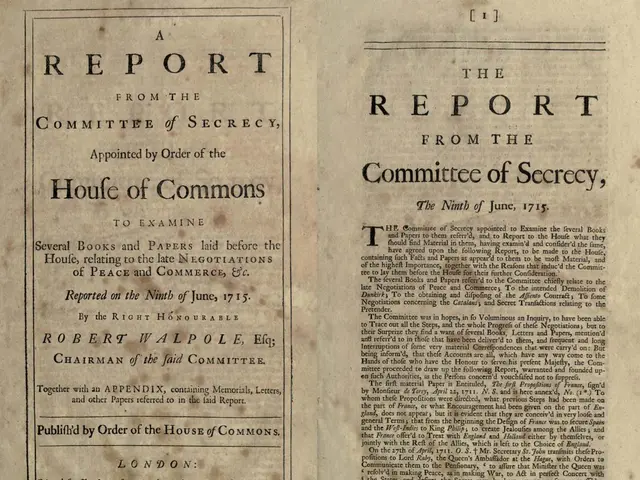Title IX Investigations: The Crucial Role of Transcription in Promoting Fairness
In the role of GMR Transcription's President, Beth Worthy, I'm committed to delivering precise transcription services that aid court reporting firms, researchers, and businesses alike. This piece focuses on Title IX, the 1972 law that aims to prohibit discrimination based on sex in educational programs and activities. This law encompasses sexual harassment and assault, with its scope extending beyond athletics to a wide array of gender-related misconduct.
As investigations connected to Title IX become more complex, educational institutions face immense pressure to maintain fairness and accuracy. For me, fairness entails granting both parties—the complainant and respondent—the opportunity to have their voices heard accurately. Misrepresented details in handwritten notes or misinterpreted witness statements can significantly sway the outcome of the case, making precise documentation the foundation of a fair investigation.
Through my professional experiences, I've discovered transcription's important role in Title IX investigations. By providing an unbiased, detailed account of interviews, hearings, and relevant conversations, precise transcriptions function like trustworthy scribes, capturing every word, subtle tonality, and pause.
That said, leaders in education should carefully consider several aspects prior to partnering with a transcription service:
The Investigative Process
- Initial Complaint: A formal or informal complaint is filed with the institution's Title IX coordinator.
- Investigation: This phase includes interviews with the complainant, respondent, and potential witnesses, reviewing evidence, and gathering additional relevant information.
- Hearing: Occasionally, a formal hearing may transpire, where both parties present their evidence and cross-examine witnesses.
- Decision-making: The institution's Title IX officer or hearing panel reviews the evidence and makes a determination regarding the allegations.
- Resolution: If the allegations are substantiated, the institution may impose consequences such as suspension, expulsion, or disciplinary actions.
Challenges in Documentation
- Subjectivity: Human memory is fallible, leading to varying recollections of events.
- Bias: Conscious or unconscious biases can influence the interpretation of evidence and documentation.
- Misinterpretation: Misunderstandings and miscommunications can result in inaccuracies.
- Incomplete records: These gaps and omissions weaken the investigation's credibility.
The Benefits of Accurate Transcription
In Title IX investigations, human transcriptionists play a pivotal role in maintaining accuracy and capturing nuances in sensitive conversations. Unlike automated systems, human transcriptionists can interpret sarcasm, intonations, and context, resulting in a more complete understanding of the proceedings. Precise transcriptions also help minimize misunderstandings and potential escalations, saving time and resources.
When selecting a transcriptionist for Title IX cases, consider factors like expertise, confidentiality and security, turnaround times, pricing and transparency, and red flags associated with unqualified transcriptionists.
According to enrichment data, accurate transcription services foster a more efficient and fair investigation process by ensuring comprehensive records, standardized formats, and timely evidence processing. Transcription services also enable effective training, compliance monitoring, and detailed analysis of evidence. Furthermore, auditable records offered by transcription services promote transparency and accountability, ensuring institutions comply with Title IX regulations.
In light of the challenges in documentation during Title IX investigations, employing a reliable transcription service like GMR Transcription, led by Beth Worthy, becomes essential. Precise transcriptions can mitigate the effects of subjectivity, bias, misinterpretation, and incomplete records, thereby contributing to a more thorough and fair investigation.
Moreover, Beth Worthy's commitment to delivering precise transcription services can significantly reduce the chances of misrepresented details, which in turn helps in maintaining fairness by ensuring both parties have an accurate portrayal of the proceedings.








